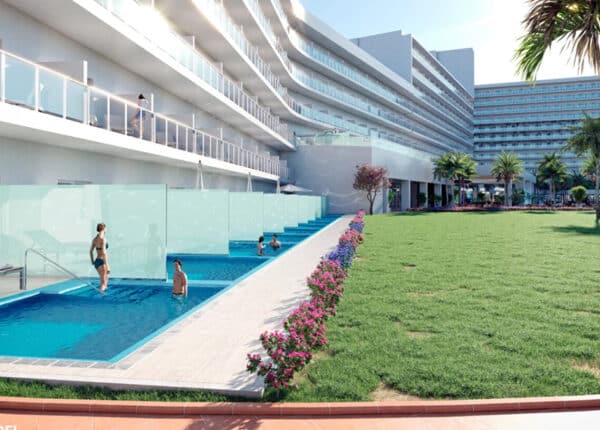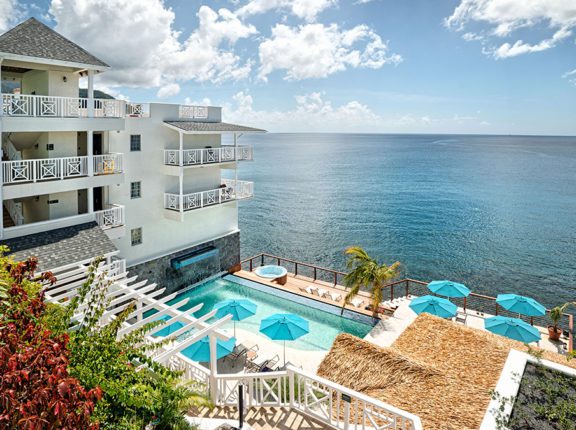Op-Ed: Why Companies Should Invest in the Caribbean Workforce
By Kimberly Frank
Op-Ed Contributor
Governments need to take an active role in inviting industry to invest in their countries. In this article, I argue that Caribbean countries should work together to promote their pre-existing dual education system and create an environment where companies, especially in the manufacturing industry, would want to invest and train new workers with specialized skills.
In the past few years, the United States has made great strides towards encouraging industry to invest in its own workforce.
President Barack Obama has vowed to “train Americans with the skills employers need, and match them to good jobs that need to be filled right now.”
The US is one of a number of countries in the developed world that are trying to adopt aspects of the unique German dual-education system with its focus on vocational training.
In this system, on-the-job training is combined with theoretical learning, often through a coordinated effort between government and industry.
For countries that practice this, it provides an entry point to a career and can contribute to low rates of youth unemployment.
In a recent OECD comparison of different countries, Germany’s youth unemployment rate is considerably lower than most of its neighbours.
But it is not only the countries that see the benefit – industries also have incentives to cooperate.
The German Embassy is partnering together with German industry to start “Skills Initiative” in the US to find ways for their companies to be more integrated into the American education system and prepare them for future jobs in the German manufacturing sector.
According to German Ambassador Peter Ammon, “the Skills Initiative is a win-win idea… German-American cooperation in workforce skills development will provide opportunities in local communities across the USA for good jobs, quality training and businesses that succeed in the US and global markets.”
This mutually beneficial relationship can and should expand beyond the US. The dual education system is arguably even stronger already in the Caribbean, where secondary school students must already choose a career track at the beginning of the seventh grade. The CXC examines their “specialized” skills before entering the workforce.
These qualifications play a key role in staff recruitment already. But the labour market must be better streamlined upon completion of secondary school to streamline and mesh with the needs of the formal sector in order to, according to the International Labour Organization “reduce external and internal productivity gaps in …the Caribbean, as well as to advance towards sustainable development in the region.”
The inequalities between the formal and the informal markets in this region can be reduced through stronger cooperation between Caribbean countries and between the states and companies that already have a presence.
The German Skills Initiative in the US can be replicated in the Caribbean, but it needs governmental support.
This initiative would use the surplus labour in the region and desire for diversification.
Like the US, most of the countries’ official languages are English, and visas aren’t required to visit each separate country.
The education system is well structured, even if under-funded. The initiative would encourage governments to leverage their comparative advantages and convince international and domestic companies that it is profitable to invest in its human capital
Vocational training systems are gaining traction world-wide. It is time that the developing world capitalizes on the movement.
These types of job training opportunities already exist in the Caribbean in several different sectors of industry.
Hotels like Sandals have already developed systems for continual staff training. Domestic companies like Digicel and Lime provide regular training for management and technical staff. Call centers offer telecommunications training. These domestic examples prove that it can be done.
It has been much slower for the manufacturing industry, which is necessary to build in the Caribbean if it is going to diversify.
Siemens, a German manufacturing company, has employees in the Mesoamerican regino (Mexico, Central America and the Caribbean) and one of its projects is to work with the Jamaica Public Service Company (JPS), a distributor of energy, to provide turbines.
Companies like Siemens that already have a large presence in the Caribbean must be encouraged to invest in the social capital of the region.
In terms of educating Caribbean students to be prepared for specialized job opportunities, the coordinated effort of creating the CXC (started over 30 years ago) is a great step.
But companies should be encouraged to fund secondary schools and provide equipment and infrastructure to even better prepare students for workforce training.
Countries should also make companies that invest in the region sign a multi-year agreement to avoid losing work opportunities for a newly-created labour force.
This is a project that should be initiated by CARICOM, an organization with one of its top objectives being “full employment of labor and other factors of production” for its member countries. CARICOM should partner up with the US, Germany, or another developed country, to push the Caribbean Skills Initiative, especially in the underdeveloped manufacturing industry.
This would create a vote of confidence not only for international investors, but for domestic enterprises, that the government is committed to full employment and believes in the potential of its labor force.
Kimberly Frank, a native of St Lucia, is a student at the Johns Hopkins School of Advanced International Studies.
Note: the opinions expressed in Caribbean Journal Op-Eds are those of the author and do not necessarily reflect the views of the Caribbean Journal.







